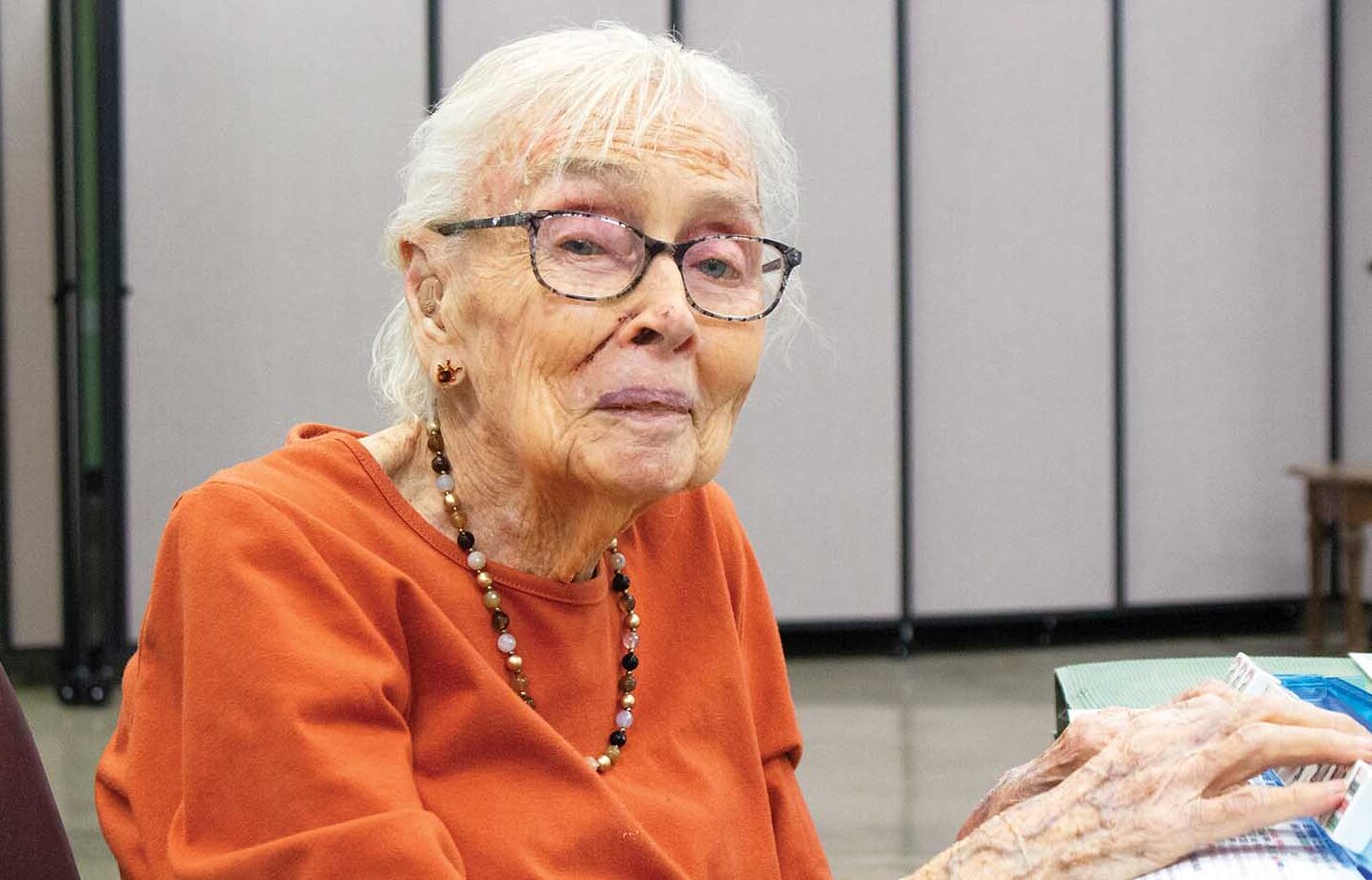Community activists in the Sunnyslope area received some welcome news last month, as officials with an opioid treatment center slated to open later this year have agreed to look at alternative uses for the space—even as new legislation moves through the Arizona Senate that directly targets these types of opioid treatment program (OTP) facilities.
Community Medical Services (CMS), which announced in November that it would open a new OTP clinic at 15th Avenue and Hatcher Road by summer, has instead taken a step back on its plans as it works with neighborhood businesses and other area stakeholders to potentially find a less controversial use of the property, located at 1507 W. Hatcher Road.
CMS doesn’t own the property but has entered into a lease agreement with Scottsdale-based Western American Investments LLC, which bought the property in early November. After receiving a lot of pushback from the neighborhood, including members the Hatcher Urban Businesses (HUB) alliance, CMS agrees to look at alternative uses of the site, such as enhanced counseling services.
“Our goal is to provide additional service options to the hundreds of people in the Sunnyslope area that already use our OTPs,” said Michael Eggers, Chief Operations Officer for CMS. “We are working with community leaders on what this looks like and we feel their input is an important part of that process.”
Members of the HUB are hopeful CMS will continue to work with them going forward and come up with a solution for the space that allays their concerns while still serving CMS’s clients—but in a capacity other than daily medication distribution.
In the meantime, a bill directed at the operators of these OTPs passed its first hurdle last month as it received a unanimous vote to move forward from the eight-member Senate Health and Human Services Committee.
Senate Bill 1535, sponsored by Sen. Kate Brophy-McGee and co-sponsored by Sen. Heather Carter, Sen. Tony Navarrete and Rep. Robert Meza, establishes reporting requirements for OTPs who receive reimbursement from the Arizona Health Care Cost Containment System (AHCCCS), as well as AHCCCS contractors.
If passed, the bill would essentially direct OTP providers that receive reimbursement from AHCCCS or its contractors to submit an annual report that contains, among other things, a Community Relations and Education Plan that includes procedures to minimize the negative impact the OTP may have on the community. The plan must contain consideration of community needs and impacts when selecting a site for the program or program growth, and consideration of community input on the potential impact the program may have on the surrounding neighborhood.
Under the plan, the OTP would designate a liaison to work with community leaders to address or resolve community problems, including patient loitering, parking and traffic, and ensure that program operations “do not affect community life adversely.”
SB 1535 contains additional directives, such as compliance with all tracking, reporting and evaluation requirements already set forth in federal regulations. Those reports include average daily patient census, square footage of the provider’s location, and the number of patients served by each medication-assisted treatment type offered by the provider (generally, Suboxone, methadone, and Vivitrol).
In addition, the annual report must include a comprehensive plan related to the care of all patients and how the OTP program ensures that appropriate standards of care are being met.
What gives the bill its teeth is that if an AHCCCS-contracted OTP provider’s annual report is rejected because the administration identify areas of concern regarding compliance with state rules, federal regulations and administration policies, or because the report does not demonstrate enforcement of public relations plans, security plans and other required plans, then the OTP provider has 30 days to fix the issues identified. If at that point the OTP provider doesn’t get the revised plan back in the 30 days allotted, or the revised report is still not approved, the administration will cut off all reimbursements by AHCCCS or its contractors until the report is approved.
While opponents argue the legislation adds an unnecessary extra layer of government to policies that already exist for OTPs under federal regulation, proponents point out that those policies regarding community relations, safety plans, etc. are considered “guidelines” and are typically unenforced.
By adding the financial penalty for non-compliance, OTP providers now have the incentive to work with the adjacent communities or face costly consequences.
The Senate Health and Human Services Committee gave unanimous approval to pass the bill to the next stage during its public hearing on Feb. 20. Carter and Navarrete are members of the committee, and McGee is the chair.
But the bill still has a long way to go before it reaches the governor’s desk, and it may undergo several changes before then.










































